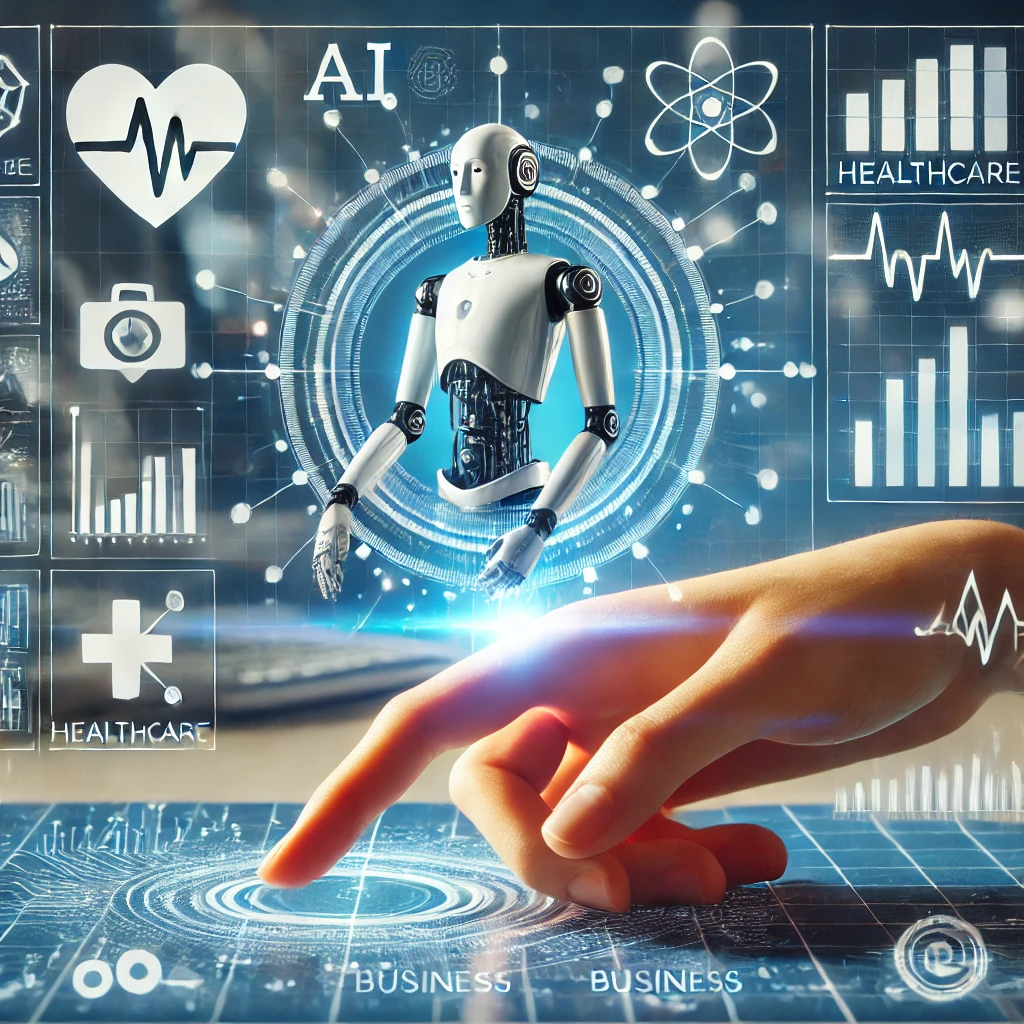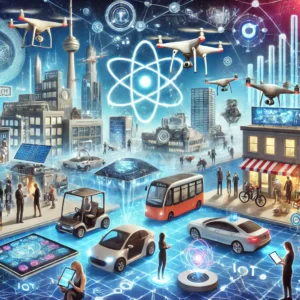AI Takes Centre Stage From Theory

AI Takes Centre Stage: Moving from Theory to Practice in 2024
Artificial Intelligence (AI) has evolved rapidly, transitioning from a theoretical subject into real-world applications. In 2024, AI is poised to take centre stage in numerous industries, moving beyond academic studies to practical, groundbreaking implementations. This shift marks a turning point, as AI continues to drive efficiency, innovation, and growth across sectors like healthcare, business, and more.
The Shift from Theory to Practice
For years, AI was largely confined to research labs and experimental projects. However, as computing power grows and algorithms become more refined, we’re seeing AI integrated into everyday processes. In industries like manufacturing, retail, and automotive, AI is already revolutionizing operations, offering predictive analytics, automation, and smarter decision-making.
AI-driven automation is replacing traditional processes, optimizing workflows and enabling businesses to offer more personalized services. Retailers, for example, are using AI to enhance customer experiences through chatbots, personalized marketing, and real-time inventory management.
AI in Healthcare: A Game Changer
One of the most exciting areas where AI is making its mark is healthcare. From improving diagnostic accuracy to streamlining hospital operations, AI’s ability to analyze vast amounts of data quickly is leading to significant advances. AI-powered tools are now helping doctors diagnose diseases more accurately, while predictive analytics is being used to foresee patient outcomes and prevent complications.
Moreover, AI is enhancing medical research by speeding up drug discovery and enabling personalized medicine based on individual genetic profiles. The potential of AI in healthcare is immense and expected to grow exponentially in the coming years.
AI for Business Transformation
AI’s potential to revolutionize business operations is perhaps one of the most talked-about trends in 2024. Companies are leveraging machine learning and natural language processing to enhance customer service, improve marketing strategies, and drive operational efficiency. AI enables businesses to analyze large datasets, uncover hidden insights, and make smarter, data-driven decisions.
In marketing, AI-powered tools are helping companies better understand customer behaviors, personalize campaigns, and optimize content for various platforms. Similarly, AI-driven chatbots and virtual assistants are becoming essential tools for improving customer engagement and support.
Challenges of AI Implementation
While the transition from theory to practice is thrilling, implementing AI in real-world scenarios is not without its challenges. Data privacy concerns, ethical considerations, and the need for vast amounts of clean, structured data are hurdles that must be addressed. Additionally, businesses must invest in upskilling employees to ensure they can work alongside AI tools effectively.
Despite these challenges, the momentum for AI adoption continues to build. Companies that successfully integrate AI into their operations are likely to see significant advantages in terms of productivity, innovation, and competitiveness.
The Future of AI
Looking ahead, AI’s influence is only set to grow. As industries worldwide embrace AI technologies, we can expect even more breakthroughs in areas like autonomous vehicles, smart cities, and personalized learning. The transition from theory to practice is merely the beginning of AI’s potential to reshape the future of work and life.
Visit our other website: aibrainpowered.com



